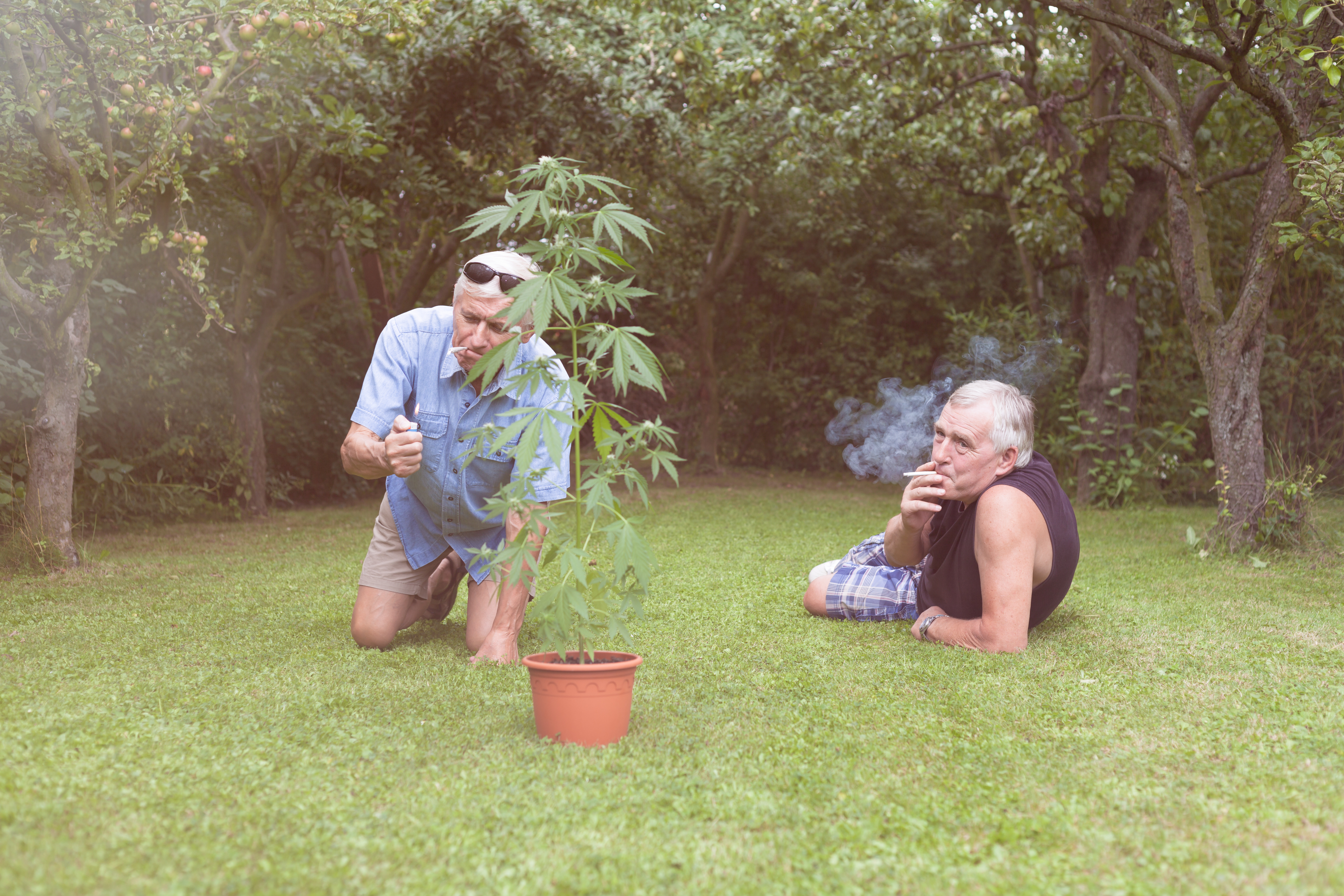Share This Article
31 January 2020 is the date that the ACT legalises the cultivation of cannabis and possession of cannabis. This doesn’t come without its restrictions though…
This means, that the ACT has now passed a bill which effectively allows anyone who is at least 18-years-of-age to grow up to two cannabis plants and possess up to 50 grams of cannabis.
To clarify as of 31 January, it will be legal in the ACT to have 50g or less of dried cannabis, and 150g or less of wet cannabis.
Further to the above, it will be legal to have a max of 4 cannabis plants per house, keeping in mind that any one adult can grow up to 2 in the home.
Some restrictions mean that the drug is prohibited from being used or grown near children or in public.
This means that it cannot be grown in community gardens, nature strips, commercial or community properties.
Further to this, it is still illegal to hydroponically cultivate cannabis.
It will still be and is still illegal in the ACT to drive with any detectable level of cannabis.
Cannabis Possession and Cultivation: Inconsistency Between ACT Law & Commonwealth Law
With this in mind, there are concerns that the new ACT laws clash with Commonwealth law.
Commonwealth law is separate which covers all Australian States and Territories and may generally overcome any State or Territory law (where there is inconsistency).
Michael Pattersson, Labor backbencher has said, “It is important to note that, even after the passage of this bill, possessing and growing cannabis will carry a degree of risk arising from interactions between the Territory and Commonwealth law.”
“I don’t think it’s particularly likely the Commonwealth government will try to fight this.”
While the ACT have legalised the cultivation and possession of cannabis in certain circumstances with restrictions, the Commonwealth law prohibits possessing or cultivating the drug, specifically it provides heavy penalties for it under Commonwealth law.
With that in mind, technically ACT police can charge a person in the ACT under the Commonwealth law, but a person so charged may have a defence of cannabis use if his/her use has been either excused or justified by another State or Territory of Australia.
All this has effectively left confusion on how the ACT police will approach the enforcement of the laws.
Purpose of Legalising the Cultivation and Possession of Cannabis in ACT
Mr Pattersson says that the real reason for legalising this in the ACT is to create drugs as a health issue rather than criminal.
Mr Patterssson said, “Because of our drug laws, getting caught with a small amount of cannabis can ruin your life.”
In addition, the new laws are expected to assist cannabis users to minimise or cease consumption through decreasing the stigma and risk of punishment related with criminal penalties for possession.
Chief Minister Andrew Barr has said, “The ACT Government does not dispute that cannabis use can have adverse effects on personal health and well-being.”
“It is the Government’s view however that the outright prohibition of cannabis is of limited, and often negative, effect when seeing to reduce the harms caused by cannabis use.”
Mr. Barr made clear that the ACT Government doesn’t condone or encourage the use of cannabis and also said that he doesn’t expect its use to increase as a result of its legalisation.
Removing unnecessary and ineffective penalties creates opportunities to better reach people already using cannabis, to help connect them with the services and supports they need.”
New ACT Laws Legalise Cannabis Possession and Cultivation
In Australia, it’s a crime to possess a ‘controlled drug’ under the Commonwealth law.
Section 308.1 of the Schedule to the Criminal Code 1995 (Cth) prescribes a maximum penalty of 2-years imprisonment and/or up to a fine of $84,000.
What is a ‘controlled drug’? This includes cannabis in any form, cannabis resin as outlined in schedule 1 of the Criminal Code Regulations 2019 (Cth).
As for Cannabis resin, the commercial quantity threshold is 125kg, while the marketable quantity is 25,000g and trafficable quantity is 20g.
As for cannabis in any other form, the commercial quantity is 125kg, marketable quantity is 25,000g, and trafficable quantity is 250g.
In contrast to the ACT, NSW have heavy penalties for possessing cannabis.
Click here to read out recent article on the penalties for possessing cannabis in NSW.
In summary, section 10 of the Drug Misuse and Trafficking Act 1985 (NSW) prohibits the possession of a prohibited drug including cannabis. It carries a penalty of up to 2-years prison and/or a fine of up to $2,200.
Furthermore, in NSW there is the option for police officers to instead of issuing a court attendance notice, to issue a warning or caution. This provides the person in possession with an opportunity to reform with no requirement to attend court, where one would otherwise face heavy penalties including a criminal conviction.
This is also known as the cannabis cautioning scheme which only applies in certain circumstances where:
- The person is in possession of no more than 15 grams of cannabis; and
- He/she has it for personal use; and
- He/she admits to possessing it; and
- He/she is not facing other charges of a criminal nature; and
- He/she has no prior record of convictions in respect of drugs, sexual assault or violence; and
- He/she has not previously received the benefit of such a caution more than two times.
Wish to discuss more? Call our friendly team to arrange a free first consultation with a criminal lawyer from Sydney CBD or Parramatta today.
Our lawyers specialise in drug law and attend all courts.









